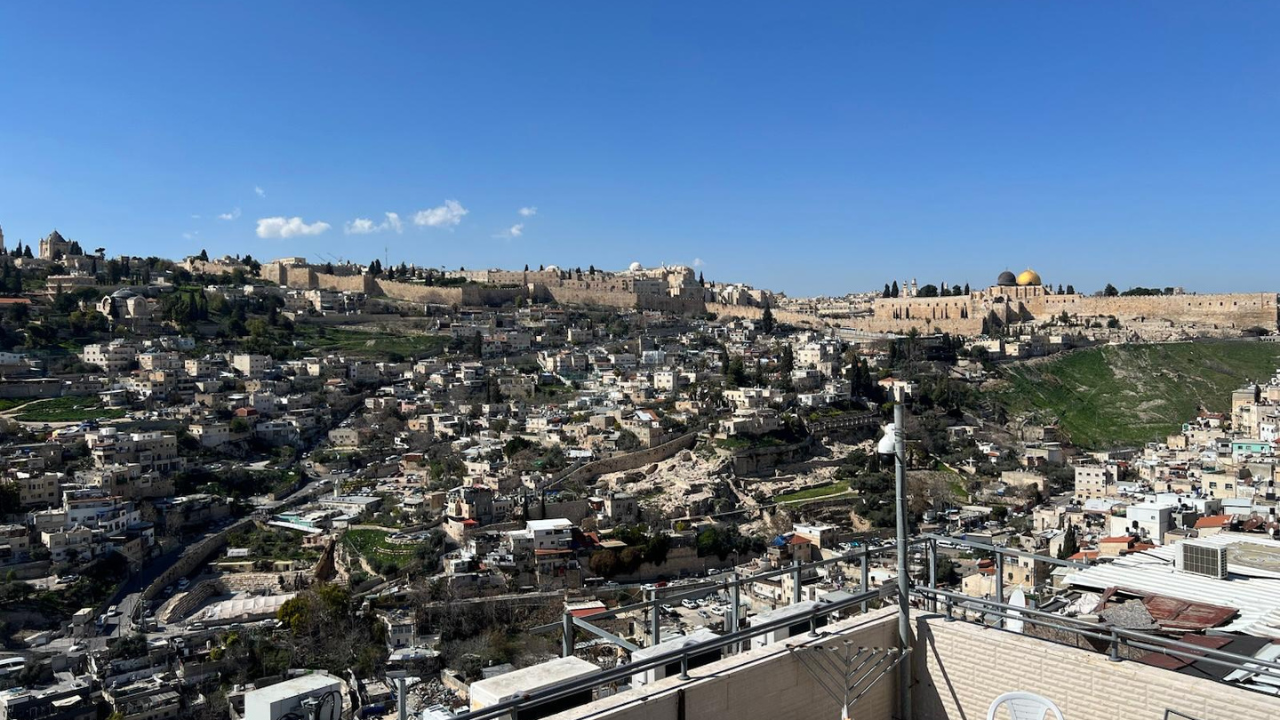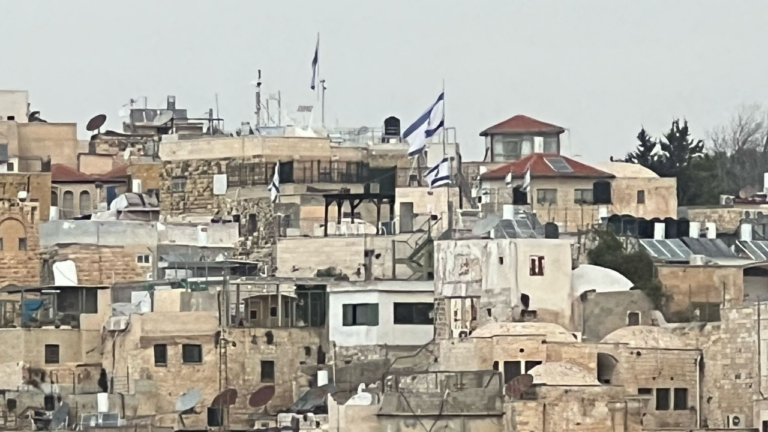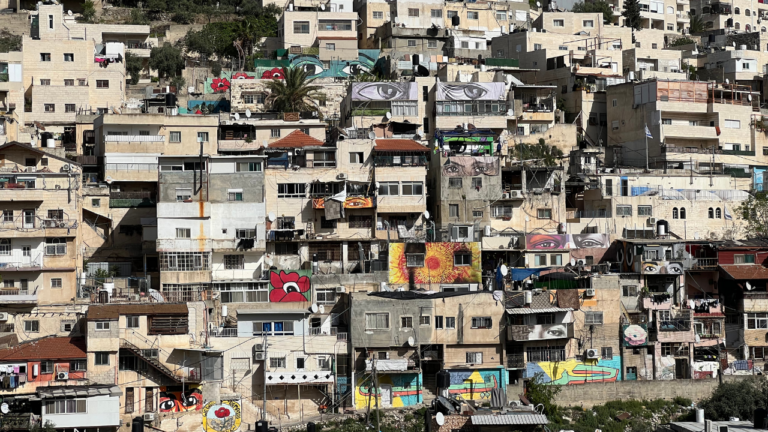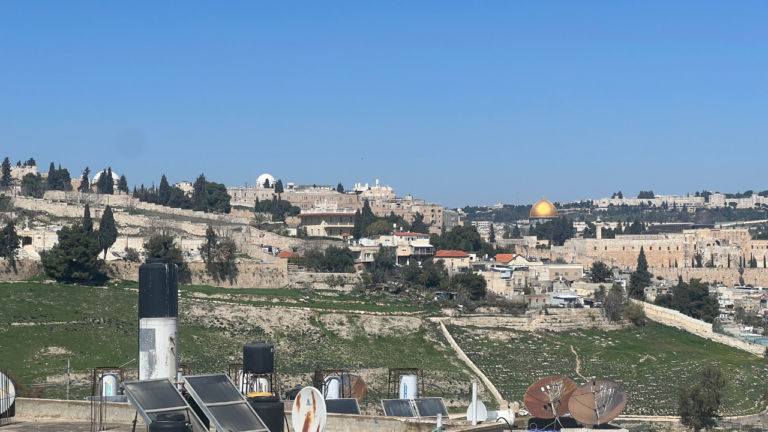Counting Toward the Chuppah Without a Home: The Pain and Promise of Sefirat Ha’Omer
We are now in the midst of Sefirat Ha’Omer, a period that serves as a spiritual bridge between Pesach and Shavuot. As the Ramban (Vayikra 23:36) famously suggests, these days resemble a Chol HaMoed-style extension of Pesach. Essentially, Pesach and Shavuot form one long holiday with many days of Sefirat-Chol HaMoed in between. These are days in which the spiritual fire of Pesach continues to burn. Additionally, the mitzvah to count reflects our building anticipation for Matan Torah (see Sefer HaChinuch 310). These days should be saturated with joy and hope.
However, this raises a striking question: if Sefirat Ha’Omer carries such excitement, why don’t we recite Shehechiyanu? After all, any annual mitzvah that brings joy is accompanied with this blessing, thanking Hashem for allowing us another opportunity to perform this beautiful mitzvah. Why is Sefirat Ha’Omer an exception?
The Ba’al HaMaor (Pesachim 28a) famously explains: Originally, the mitzvah of counting the Omer was biblical, rooted in the Korban HaOmer brought on the second day of Pesach. But in the absence of the Beit HaMikdash, this mitzvah now exists only on a rabbinic level—as a zecher l’churban, a remembrance of the destruction of Jerusalem. Far from being a moment of joy, this mitzvah evokes pain – “לעגמת נפשנו לחרבן בית מאויינו”. Since Shehechiyanu is reserved for happy occasions, it is not made over this mitzvah in which we experience pain over destruction.
The Ba’al HaMaor precisely identifies this enactment as a זכר לחורבן, and not as a זכר למקדש. As Rav Soloveitchik tz’l astutely noted, Chazal created two different forms of “remembrances” for the destroyed Jerusalem. Some enactments, labeled as זכר למקדש, a remembrance for the Mikdash, are hopeful and positive in tone. We shake the lulav all days of Sukkot joyfully yearning for the day in which the dalet minim can be taken up lifnei Hashem in the rebuilt Temple. But others are זכר לחורבן, a remembrance of the destruction, in which we mourn for the lost Mikdash.
Not surprisingly, we conclude our counting of the Omer with a yearnful prayer for the Temple’s restoration. This is the natural response to the pain felt over zecher l’churban counting.
But this leads to another layer of complexity: If the days of Sefirah are supposed to be so joyful and hopeful, why did Chazal specifically choose to create a zecher l’churban enactment for sefirah? Wouldn’t a more optimistic zecher l’Mikdash decree emotionally align better with our yearnful counting towards Har Sinai? (My thanks to my dear chaver Rav Shai Kamenetsky, whose comments inspired this question and much of this dvar Torah.)
The key to answering this question lies in a deeper understanding of the connection between Pesach and Shavuot. Many verses in Tanach and comments of Chazal establish Pesach as a day of betrothal between the
Almighty and His chosen nation (see Yirmiyahu 2:2). This is why we read Shir HaShirim on Pesach; our love affair with Hashem began as we were freed from Egypt. Shavuot is the nissuin, the consummation of our marriage with Hashem. As the Mishnah in Ta’anit (26b) exegetically explains the verse in Shir HaShirim, ““On the day of His wedding” this is the giving of the Torah”. Har Sinai was the chuppah, and the luchot served as our ketubah. This reality transforms the days of sefirah. We count up to Shavuot in the same way a bride eagerly counts towards her wedding.
But our excitement is dashed against a harsh reality. After a marriage, the chatan and kallah are supposed to have a home, a place where they can achieve unity and build a family together. A marriage cannot thrive when it has no destination or headquarters. This is why the Mishnah in Ta’anit continues, ““and on the day of the gladness of His heart” this refers to the building of the Beit HaMikdash.” The process of Pesach and Shavout are only complete when Jerusalem serves as the center for our marriage to HaKadosh Baruch Hu.
The loss of Jerusalem casts a dark shadow over our eager count towards our wedding day. It is the same gnawing anxiety a bride feels when there is no place for her and her husband to go when the last sheva berachot is over. The acute pain is unavoidable; we mourn over the loss of our home and yearnfully pray for its restoration.
May we merit fulfilling the biblical commandment of counting towards our Chuppah in the restored Jerusalem, speedily in our days.



